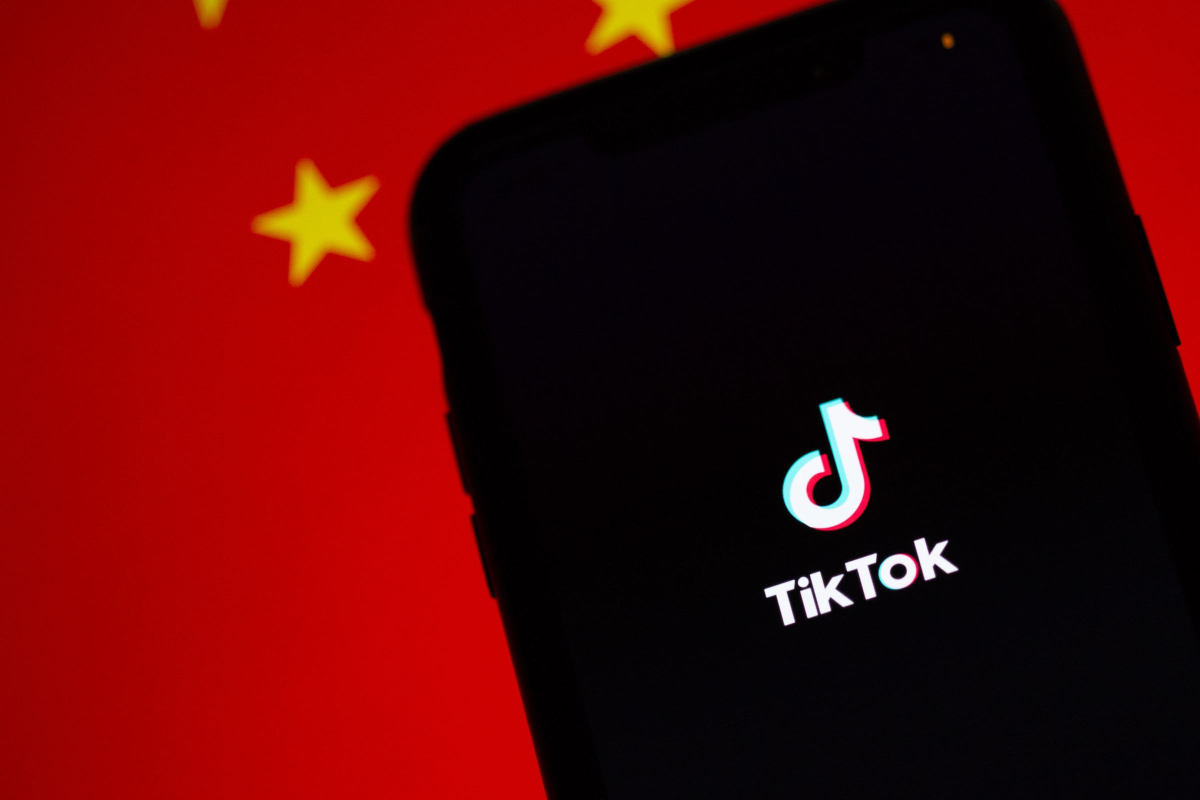TikTok Faces Legal Storm: 13 States Sue Over Harm to Young Users
In a major legal battle, TikTok is under fire from 13 states for allegedly causing harm to younger users. These states accuse the social media giant of exploiting addictive features that negatively impact teens’ mental health. The lawsuits claim that TikTok uses its algorithms to promote content that can be harmful, all while failing to protect vulnerable youth from the consequences.
Why TikTok Is Being Sued
The lawsuit against TikTok centers around allegations that the platform uses harmful practices to engage and retain young users, encouraging prolonged use that can lead to negative mental health effects. TikTok’s “For You” feed is at the heart of the controversy. The feed relies on a sophisticated algorithm that shows users endless content based on their interests. While this feature is part of TikTok’s success, it’s also what critics say traps young users in an unhealthy cycle of endless scrolling, exposing them to content that may not be appropriate for their age or mental well-being.
According to the lawsuit, “TikTok has built its business model around keeping young users hooked, while turning a blind eye to the damage it may cause.” This quote highlights the central argument that TikTok has prioritized profit over user safety. The states involved argue that the company’s failure to implement adequate safeguards has left millions of teens vulnerable to depression, anxiety, and other mental health challenges.
Who Is Behind the Lawsuit?
This case isn’t just a one-state effort. Thirteen attorneys general from across the U.S., including California, Colorado, and Massachusetts, are spearheading the legal effort to hold TikTok accountable. Leading the charge is Massachusetts Attorney General Andrea Campbell, who has been vocal about the dangers social media can pose to young users. She argues that TikTok “has exacerbated a growing mental health crisis” and that the company should face consequences for its role in creating and maintaining addictive features.
These lawsuits aren’t isolated incidents; they are part of a broader movement to hold tech giants accountable for the effects of their platforms on young people. TikTok, owned by Chinese company ByteDance, has faced criticism for its lack of transparency in how its algorithms work and for collecting data on minors without proper consent. These allegations play a significant role in the lawsuits, as the attorneys general seek to curb what they see as predatory practices by the social media behemoth.
Is This a Strong Case?
The strength of this case lies in the growing body of research linking social media use to mental health issues in teens. Many experts agree that social media platforms like TikTok can contribute to anxiety, depression, and low self-esteem, especially in younger users. The lawsuit is also bolstered by testimonies from families who claim that their children have suffered severe mental health consequences from their use of the platform.
While TikTok has repeatedly denied any wrongdoing, the company has also made several changes to how it moderates content for younger users. TikTok insists that it has taken steps to protect users under 18 by introducing screen time limits and more parental controls. However, critics argue that these measures are insufficient and do not address the core issue: TikTok’s algorithm-driven approach that pushes content based on user interaction, often without regard to age-appropriate boundaries.
Who Should Be Held Responsible?
The lawsuits place the responsibility squarely on TikTok and its parent company, ByteDance. The attorneys general argue that TikTok’s leadership has ignored the risks posed to younger users in pursuit of rapid growth and profit. They are calling for greater oversight, more transparency, and substantial penalties to push the company toward meaningful change.
However, the question remains whether TikTok alone should bear the blame. Some argue that parents, schools, and even the government have a role to play in regulating screen time and ensuring that children are not exposed to harmful content. Still, the lawsuit makes it clear that TikTok’s business practices, particularly its addictive algorithms, are at the core of the issue.
As this case unfolds, it could set a major precedent for how social media companies are held accountable for the well-being of their users. For now, all eyes are on TikTok, as the company faces what could be its biggest legal challenge yet.











